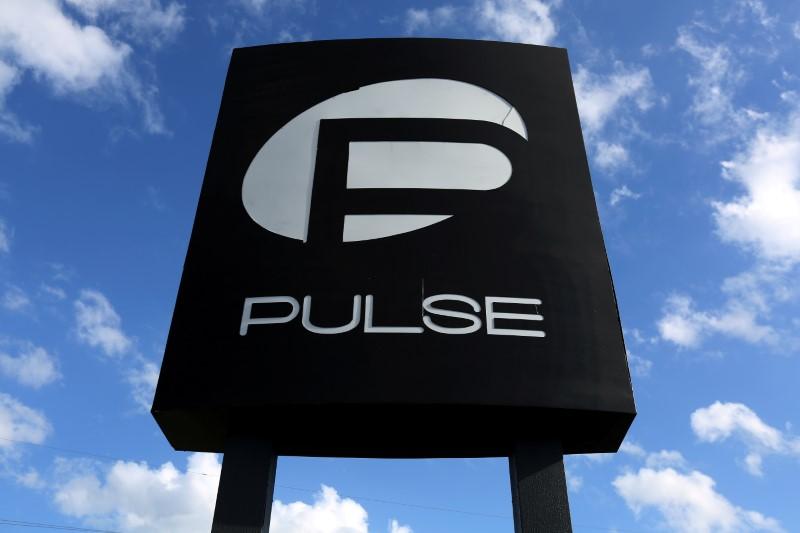A decades-long fixture in the U.S. presidential nomination called superdelegates is causing a ruckus in both of the major political parties because of a candidate in each party no one counted on holding so much sway with voters. Most agree that superdelegates are a check and balance to voter choices at the polls, which could pose a problem in the general election.
And therein rest arguments for its continuation or dismantling. One side of the debate contends that superdelegates are essential to party viability; the other claims that superdelegates make democracy a charade by favoring a handful.
Proponents of the system of superdelegates, comprising mostly distinguished party and elected officials, say superdelegates can pledge to any candidate of their choosing. Opponents wag a finger at the unique challenge for candidates like Sen. Bernie Sanders, who must win a lopsided majority of elected delegates to offset the unpledged, or superdelegates, who comprise 20 percent of the total delegates at the Democratic National Convention, in Philadelphia, in July.
Portrayed as “massively undemocratic” by Trevor Trimm, a columnist for the Guardian and executive director of the Freedom of the Press Foundation, he says that “[Superdelegates] could make the primary elections meaningless.”
Sanders, a self-billed Democratic Socialist, and Hillary Clinton, the former first lady and U.S. senator from New York, head into the so-called Super Tuesday primaries in multiple states on March 1 and 15 in a close race in elected delegates. However, a notable disparity between the two remains in superdelegates.
“Bernie could end up decisively winning the popular vote but still have the nomination stripped away from him,” says Mr. Trimm.
The practice of superdelegates was motivated by the nomination and subsequent landslide defeat of Democratic nominee George McGovern in 1972 and four years later when Jimmy Carter, a dark horse candidate with little national experience, won the nomination—as well as that fall’s election. This rise to prominence of outlier presidential hopeful George Wallace, the segregationist governor of Alabama in 1972, and Jessie Jackson, the firebrand preacher, civil rights activist, and founder of the grassroots Rainbow Coalition in a 1984 White House bid may also have stoked this firewall.
Congresswoman Debbie Wasserman-Schultz, of Florida, who chairs the Democratic National Committee (DNC), was pressed to explain her advocacy for superdelegates by Jake Tapper of CNN. “Unpledged delegates exist really to make sure that party leaders and elected officials don’t have to be in a position where they are running against grassroots activists,” said Ms. Wasserman-Schultz.
Supporters of superdelegates contend that it thus weeds out candidates with narrow issues and limited national experience. Bob Weir, a retired police officer and now a Yonkers Tribune columnist, reports advocates deem it “a wise policy to maintain steady, experienced governance” while opponents deride it as “a way for the establishment to thwart the will of the people.”
Claire Bernish, a commentator for AntiMedia.org, which offers alternative viewpoints in the news, pointedly remarks: “Superdelegates get to decide who the party candidate is based on their opinion of ‘electability.’ [They] have the last word when a popular candidate runs on a platform that the political party deems too ‘grass-roots.’”
While Clinton and Sanders continue to stump it out, Clinton is no stranger to superdelegates throwing a monkey wrench into the machinery. Based on figures at RealClearPolitics.com, superdelegates may have factored in her close loss of the nomination in 2008 to then-future president Barack Obama.
Her ensuing time in the Obama administration, however, as secretary of State and her standing in advocacy of core Democratic Party issues appear to have earned her an esteemed place within the Party to entrust her with the 2016 Democratic nomination, as Clinton’s website suggests.
The GOP has long had Clinton as the presumptive Democratic nominee, as well as leaders in her own party. In 2014, Chicago Mayor Rahm Emmanuel, former chief of staff in the Obama White House, endorsed Clinton. A year earlier, Missouri Senator Claire McCaskill did.
Observes Russ Belville, host of a progressive-leaning radio talk show, in an article in the Huffington Post: “It’s the rigged system, Stupid!” An election year when the incumbent president is not eligible for re-election normally brings out a plethora of candidates, he ponders. In 1972, 15 Democrats vied for the nomination; in 1992, the year that Clinton’s husband got elected, there were seven. Save for nominal candidates this year, there was one—Clinton—until Sanders crashed the party.
So if Sanders continues to defy the odds toward the Democratic nomination, superdelegates could blunt some of his success.
“There is a divide between grassroots Democrats and establishment Democrats,” adds Florida Democratic Congressman Alan Grayson to the Associated Press. “It’s troubling,” he says of the system, which he calls “the politburo.”
On the GOP side, things aren’t so complacent either. They have their own outlier.
Timothy Wahl’s experience in business, education, the sciences, and the arts gives him a unique platform on a spectrum of subjects.





